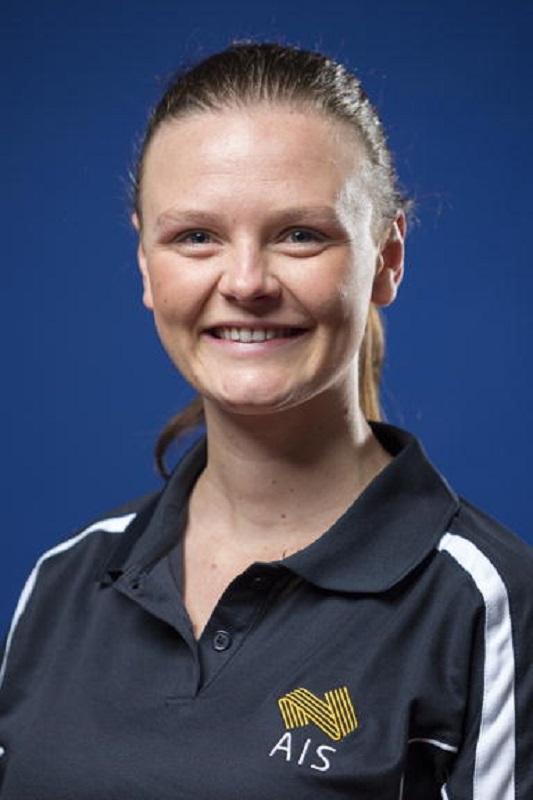Antony Perry
24 April 2017: A University of Canberra PhD candidate researching the link between spinal injuries and body temperature will present her work at a prestigious conference in North America next month.
Peta Forsyth, the recipient of an international student award presented by the American College of Sports Medicine, will discuss her research at the prestigious college’s annual meeting in Denver, Colorado.
The event is the most comprehensive of its kind and attracts more than 6,000 industry professionals from around the world.
“It’s such a privilege to receive this award,” Ms Forsyth said. “I’m really honoured to have the opportunity to present my research and be acknowledged at such a prestigious conference.”
Ms Forsyth is working with staff from the University’s Research Institute for Sport and Exercise (UCRISE) to find out the extent to which spinal injuries impact elite athletes’ ability to control their body temperature.
Trauma to the spine impairs a person’s ability to thermoregulate, which is the process by which humans keep their body temperature within certain boundaries.
Ms Forsyth said there is reduced sweating and blood flow control in individuals with a spinal cord injury, which has a direct impact on body temperature regulation.
“I want to find out what effect exercise and passive recovery in hot conditions has on thermoregulation in elite athletes with spinal injuries,” she said.
“There’s been a lot of similar research done which has established that spinal injuries lead to diminished sweating and blood flow, which makes it hard to maintain body temperature.”
Ms Forsyth said it is not yet understood how a person’s thermoregulatory capacity is affected by the level of their injury due to limitations in the design of previous studies.
“My research will establish the full extent of thermoregulatory impairment, which will help determine the best ways to help keep these athletes cool and optimise their performance,” she said.
Ms Forsyth is close to completing the data collection for her research. She will soon begin analysing the results to determine the most effective cooling interventions and how they should be implemented.
Future studies may investigate the effectiveness of strategies such as cold fluid ingestion, spray bottles, fans, cold compression garments and cold water immersion.
Ms Forsyth is completing her PhD under the supervision of the University’s Associate Professor of Sport and Exercise Science, Dr Kate Pumpa, and UCRISE director Professor Kevin Thompson.
The research has also engaged the expertise of external supervisors Dr Ollie Jay at the University of Sydney and Dr Jo Miller at the Australian Institute of Sport.



